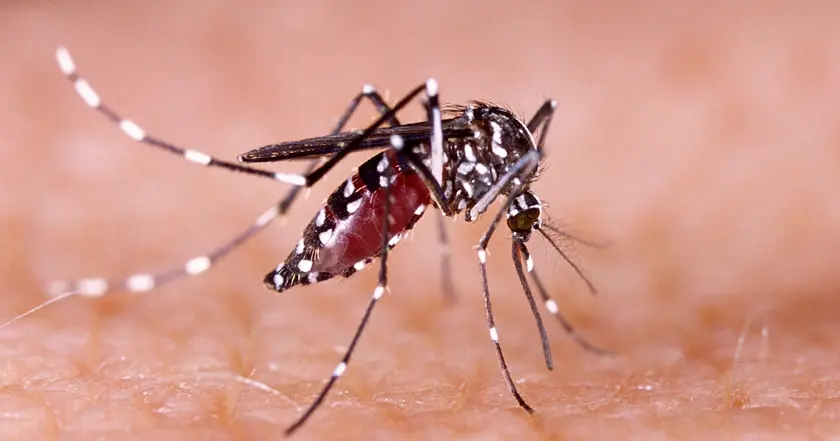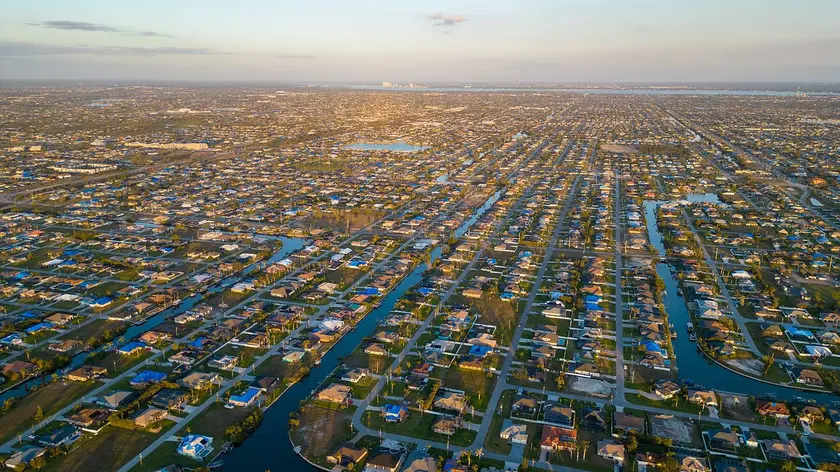T4K3.news
Mosquito threat grows in Las Vegas
Desert city Las Vegas faces a rising mosquito population and disease risk as the climate heats up and development expands

Desert city Las Vegas confronts a growing mosquito problem driven by development climate change and insecticide resistance.
Las Vegas Faces Rising Mosquito Threat
Las Vegas has seen a rise in mosquitoes in recent years. Scientists say Culex and Aedes aegypti are now found across Clark County. Urban development, artificial lakes and irrigation, and a warmer climate create more breeding sites and longer seasons for mosquitoes. The shift means people can be bitten more often even in desert landscapes that once seemed hostile to these insects. Mosquitoes are not just a nuisance; they can carry diseases such as West Nile virus and dengue. Public health data show a persistent risk, with human cases and infected mosquitoes recorded in recent years.
Mosquito control here relies on private firms and basic outreach, but there is no centralized abatement program. Insecticide resistance complicates efforts, and experts warn that a coordinated plan is essential to monitor where mosquitoes are and which chemicals work safely around people. Aedes aegypti, the main dengue carrier, has spread to dozens of ZIP codes since it was first found in 2017, underscoring how quickly urban features can create breeding grounds. The tourism draw means visitors can become exposed, and a single bite could seed local transmission. Weather patterns and development trends seen in Las Vegas may mirror what other desert regions will face as climate change progresses.
Key Takeaways
"It is a little bit of a ticking time bomb"
Messenger on public health risk in Clark County
"Aedes aegypti are very aggressive daytime-biting mosquitoes"
Raman on behavior of the key vector
"The bottom line is that this is entirely preventable"
Messenger on potential for control
This case shows how climate shifts and city design can invite new health risks. Las Vegas could serve as a bellwether for other desert regions facing warmer weather and more water sources for mosquitoes. The data underscore that a lack of coordinated action makes a local problem a regional threat.
Policy makers will need to weigh budget decisions against health costs of uncoordinated control. A centralized program could test which insecticides are safe and monitor resistance. The tourism industry adds urgency because visitors can carry the risk back to their homes and communities.
Highlights
- Aedes aegypti are relentless daytime biters
- It takes only a few inches of water to start a breeding cycle
- Coordinated action could slow the spread
Public health risk requires policy coordination
Las Vegas faces a widening mosquito problem with insecticide resistance and no centralized abatement. The combination raises budget and policy questions and could affect tourism and public safety.
The next steps will test Las Vegas’s ability to protect visitors and residents alike.
Enjoyed this? Let your friends know!
Related News

Southwest flight experiences sudden drop to avoid collision

Kelly Clarkson updates Piece by Piece lyrics

Caesars reports decline in Las Vegas hotel bookings and revenue

US home sales drop to lowest point in over a decade

Two women hospitalized after peptide shots at RAADfest

Frankenstein growths spark outbreak fears in Colorado rabbits

Westmoreland County reports mosquito and tick virus risks

Rookies excel in Summer League, boosting fantasy value
